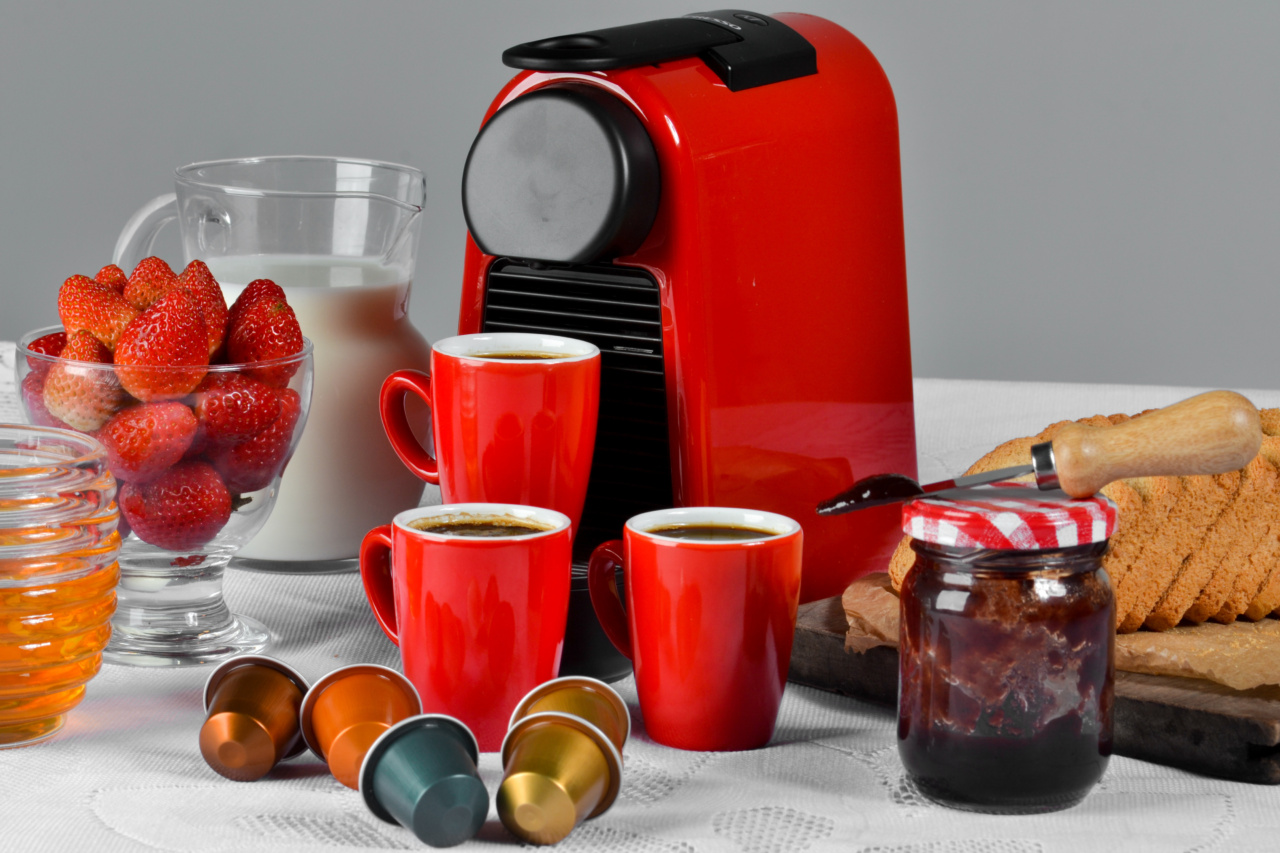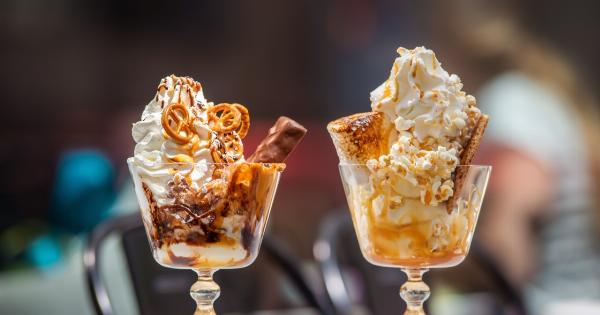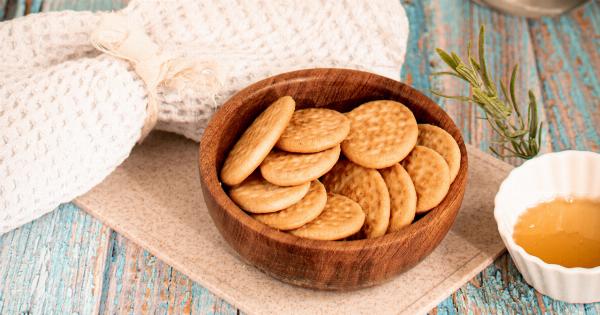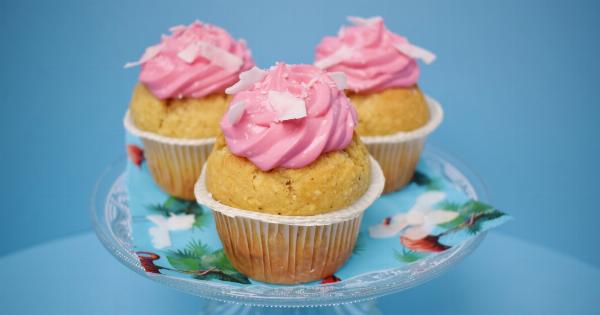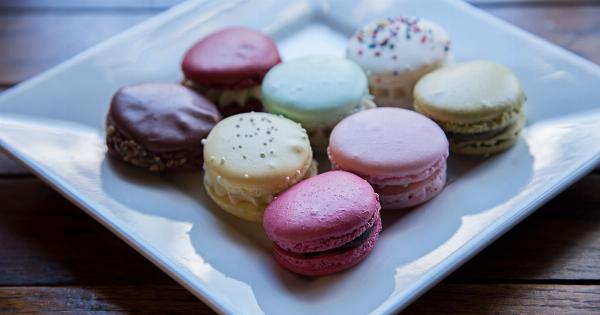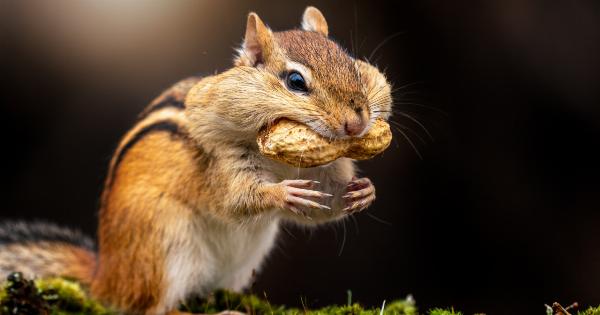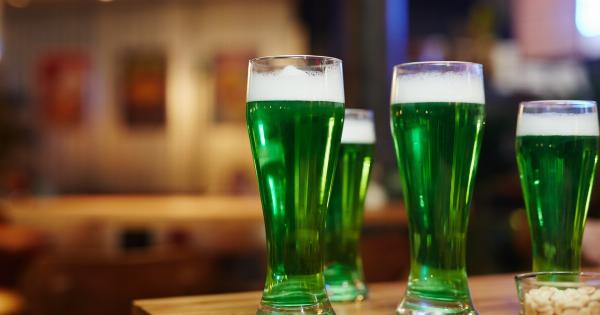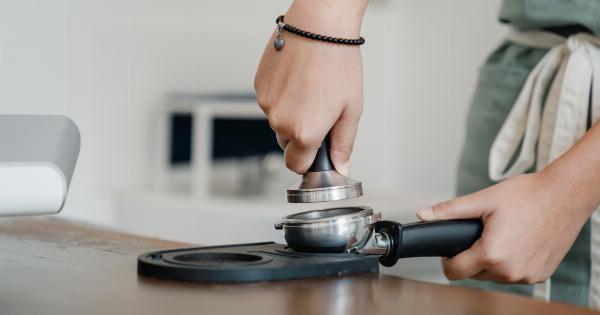When most people think of caffeine, their mind typically goes to coffee or energy drinks. However, caffeine can also be found in several unexpected foods that many individuals may not be aware of.
While the amounts may be smaller compared to coffee, it is still important to be conscious of these hidden sources of caffeine, especially for those who are sensitive to its effects or trying to limit their intake. In this article, we will explore some unexpected foods that contain caffeine and provide insight into their caffeine content.
1. Chocolate
One of the most surprising sources of caffeine is chocolate. While the amount of caffeine in chocolate can vary depending on the type and brand, it generally contains a small amount.
Dark chocolate tends to have a higher caffeine content compared to milk chocolate. However, it is worth noting that the caffeine present in chocolate is still significantly lower than that in a cup of coffee.
2. Tea
Tea is commonly known to contain caffeine, but many individuals may not realize that the caffeine content can vary depending on the type of tea. Green tea, for example, generally contains less caffeine compared to black tea.
Herbal teas, such as chamomile or peppermint, are usually caffeine-free. However, it is always a good idea to check the label or do some research to determine the caffeine content in a particular tea.
3. Ice Cream
Ice cream, a beloved treat for many, can also contain caffeine. Flavors such as coffee or chocolate chip may have added caffeine to enhance the taste.
While the caffeine content in ice cream is typically low, those who are trying to avoid caffeine altogether should be mindful of these caffeinated flavor options.
4. Energy Bars and Protein Bars
Energy bars and protein bars are often marketed as healthy snacks or meal replacements, but they can also be a hidden source of caffeine. Some varieties may include ingredients like guarana or green tea extract, which naturally contain caffeine.
It is important to read the labels carefully and opt for caffeine-free options if desired.
5. Soda and Cola
Many people are aware that soda and cola drinks contain caffeine, but it is still worth mentioning. The caffeine content in cola can vary between different brands and types of soda.
Regular soda tends to have a higher caffeine content compared to diet or caffeine-free versions. If you are looking to reduce your caffeine intake, opting for caffeine-free versions or other non-caffeinated beverages is recommended.
6. Yogurt
While yogurt itself does not naturally contain caffeine, some flavored yogurts may have added caffeine. Certain fruit-flavored yogurts or yogurts marketed for their energy-boosting properties may contain small amounts of caffeine.
It is advisable to check the labels and choose caffeine-free options if caffeine is a concern.
7. Medications and Supplements
It may come as a surprise, but some medications and supplements can also contain caffeine. Medications aimed at relieving headaches or migraines often include caffeine as an ingredient to enhance their effectiveness.
Similarly, some weight loss or pre-workout supplements may contain caffeine to increase energy levels. If you are on any medication or considering dietary supplements, it is essential to read the labels or consult with a healthcare professional to understand the potential caffeine content.
8. Flavored Water
Flavored water, which is often marketed as a healthier alternative to sugary beverages, can also contain caffeine. Some brands may add natural flavors derived from coffee or tea, resulting in a small caffeine content.
If you are looking for a caffeine-free option, it is advisable to choose plain water or carefully read the labels of flavored water products.
9. Chocolate-Flavored or Coffee-Flavored Foods
Aside from chocolate itself, foods that are flavored with chocolate or coffee may also contain small amounts of caffeine. This includes chocolate-flavored cereals, desserts, or baked goods, as well as coffee-flavored ice cream, yogurt, or other treats.
While the caffeine content in these foods might not be significant, individuals who need to avoid caffeine entirely should pay attention to these products.
10. Decaffeinated Coffee and Tea
Lastly, it is worth mentioning that even decaffeinated coffee and tea are not entirely caffeine-free. Decaf coffee and tea still contain a small amount of caffeine, usually in the range of 2-5% of the original caffeine content.
While this may not be an issue for most individuals, those who are extremely sensitive to caffeine or aiming for zero caffeine intake should be aware of this residual caffeine.
Conclusion
Caffeine can be found in several unexpected foods and beverages, ranging from chocolate and tea to ice cream and flavored water.
While the caffeine content in these items is typically lower compared to a cup of coffee, individuals who are sensitive to caffeine or looking to limit their intake should be conscious of these hidden sources. Reading labels and making informed choices can help individuals maintain their desired caffeine consumption level.
Remember, moderation is key, and being aware of the caffeine content in unexpected foods can contribute to a balanced and conscious lifestyle.
